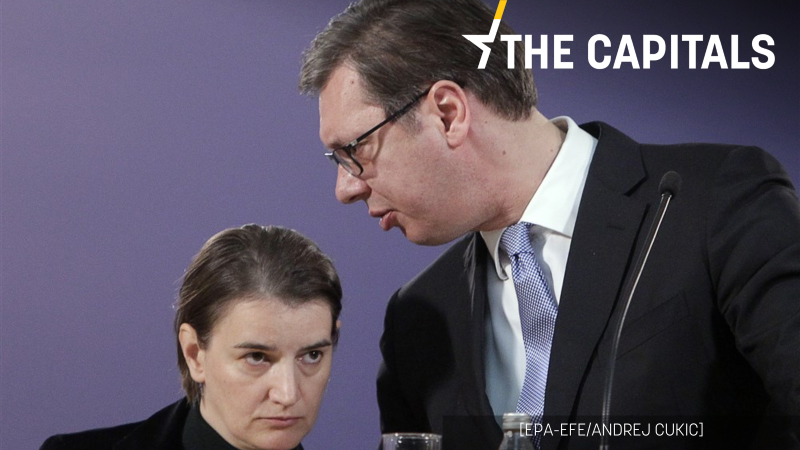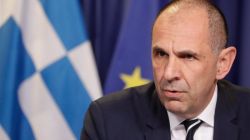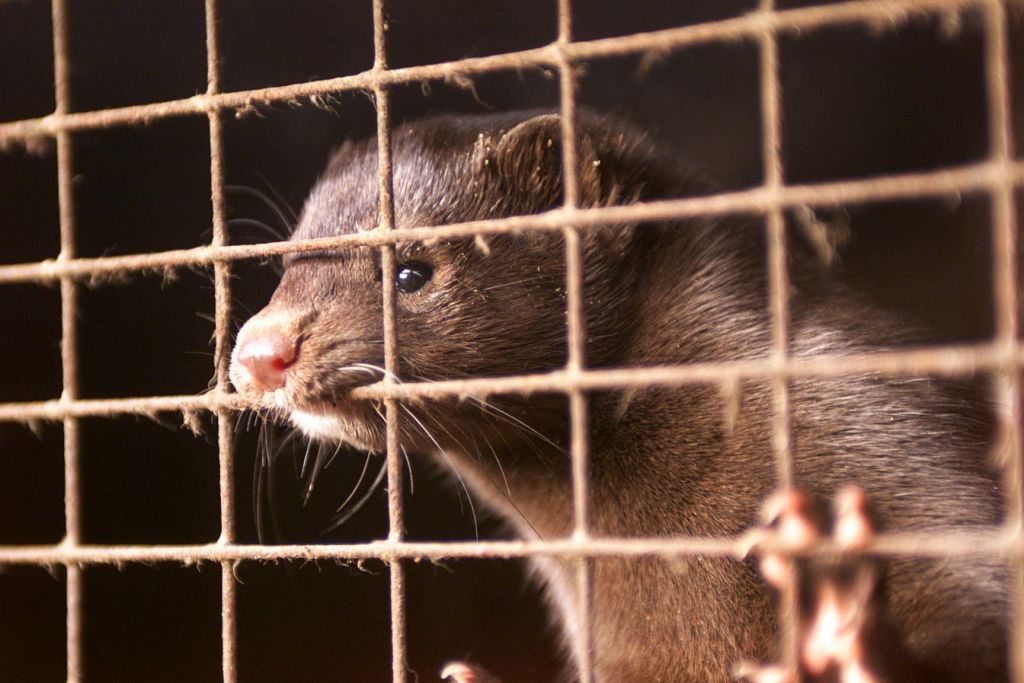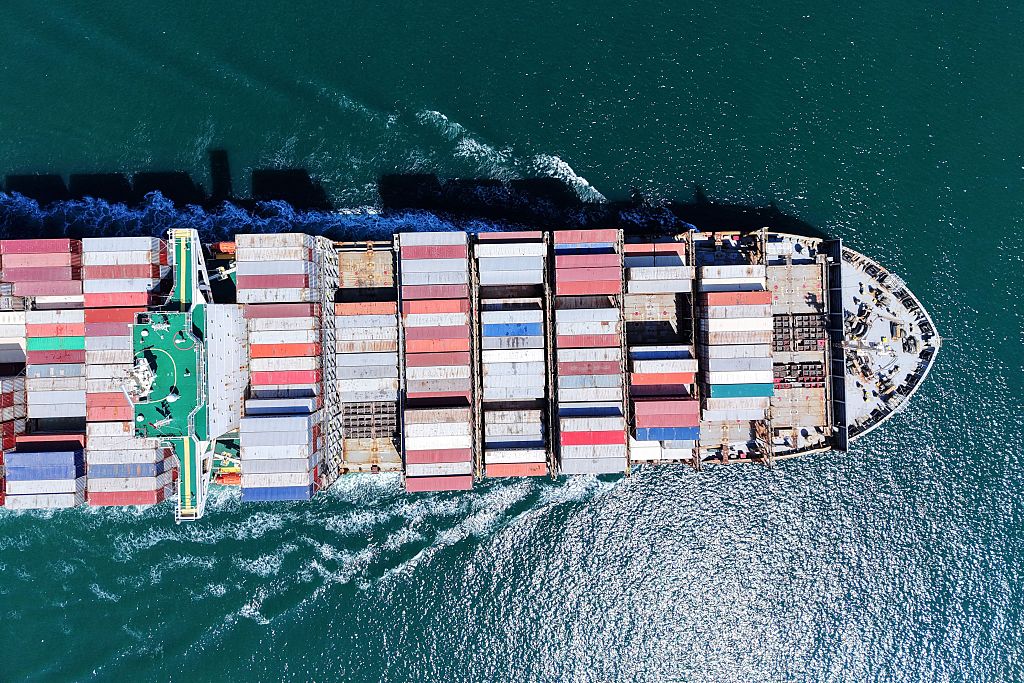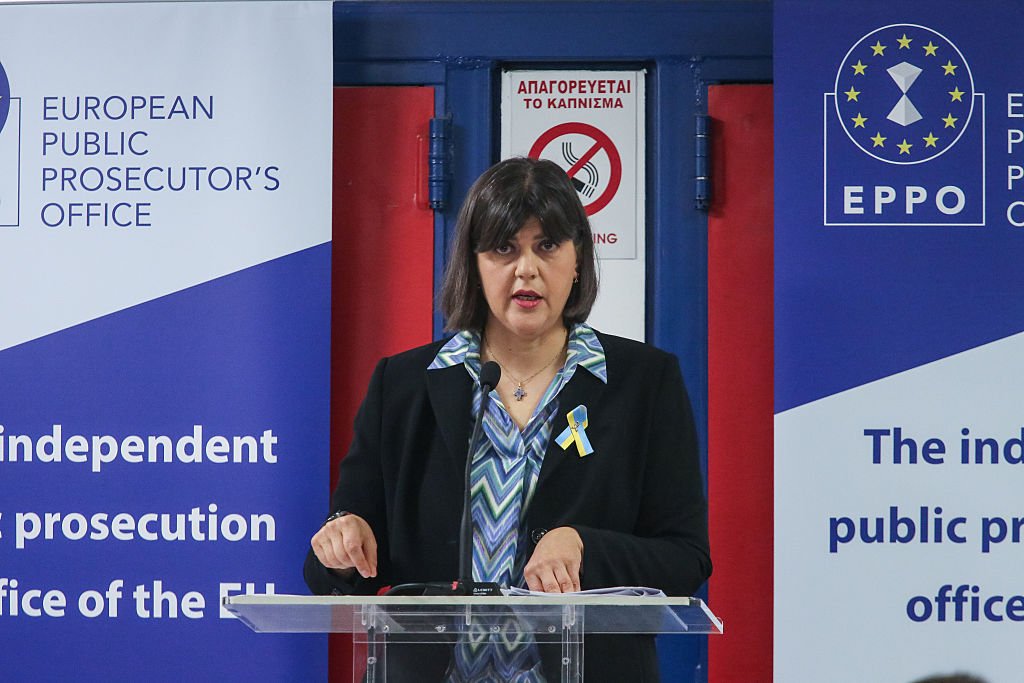EU pressures Serbia to fix media decay ‘without delay’
Source: EURACTIV.com
The constantly deteriorating situation of the media in Serbia and the government’s failure to address it has raised eyebrows in Brussels, with the European Commission putting pressure on authorities in Belgrade to implement the necessary reforms “without delay”.
According to the 2023 press freedom index, Serbia ranks 91st out of 180 countries, falling another 12 places compared to the year before.
International organisations have slammed the Serbian government over the lack of media pluralism, and Reporters Without Borders (RSF) described the situation as “toxic”.
The only countries in the region ranking worse than Serbia are Greece (107), an EU member, and EU candidate Albania (96).
Serbia has been an EU candidate since 2012, and it opened EU accession talks in January 2014 but has made very little progress in the last two years.
Brussels considers media freedom as a crucial element of Serbia’s EU accession process and an “important interim benchmark to be fulfilled under Chapter 23 of the negotiations process”, an EU spokesperson told EURACTIV.
“We expect Serbia to create an enabling environment in which media freedom and freedom of expression can be exercised without hindrance,” the EU spokesperson added.
The EU official also pointed fingers at Serbian politicians, who often publicly criticise journalists.
“Journalists should be able to do their job free of any threat of violence, harassment and intimidation to ensure that citizens have access to all information […] We also expect high-level officials to refrain from verbal attacks and threats against journalists,” the EU official said.
Tabloids ‘fuel the fire’
The issue of Serbia’s media freedom returned to the EU agenda after a school shooting in early May cost the lives of ten students.
Since then, thousands of Serbian citizens have been taking to the streets to protest against “violence” in the country, which, according to analysts, is primarily fuelled by the poor quality of mainstream media in Serbia, most of which closely support the government.
Tamara Skrozza, deputy editor in chief at FoNet news agency, said protestors have been asking for the closure of two pro-government tabloids that target opposition activists and simultaneously promote violence.
“They take part take active part in targeting political opponents of the regime, writing terrible stories about opposition activists, journalists”, she told EURACTIV.
She explained that violence either has the form of verbal attacks against the opposition or trash news related to reality shows.
These tabloids, no matter whether one watches these reality shows or not, always report what’s happening there.
“So you can read pornographic stories about who’s beating who, how some of the participants in the reality shows killed people in prison,” Skrozza said.
“This kind of reporting fuels the fire, which led to the massacres at the beginning of the May[…] not directly inspired, but, you know, affected the massacres”, she added.
Skrozza opposed shutting down the tabloids saying the best way to sort out the issue is for these papers to abide by the law.
“We have good media laws; these papers and TV stations would be good if they just obey the law. They are breaching the media laws each and every day”, she commented.
EU source: reforms have been ‘stalled’
Pavol Szalai, RSF Head of EU/Balkans Desk, said the press freedom situation in Serbia is “extremely preoccupying”, noting that mainstream media are spreading the “government’s propaganda”.
Szalai said the protesters requested that some media be suspended and the national media regulator dissolved.
“Instead of regulating the media and pluralism […] the government accused the independent media of being responsible basically for the shootings”, he said.
Meanwhile, EURACTIV was informed that the country has been dragging its feet on reforms requested by the European Commission, especially those related to the Regulatory Authority of Electronic Media (REM), which was part of a 2020 media strategy drafted by the government itself.
EURACTIV has learnt that Commission officials have expressed their concern about the slow progress on a much-awaited reform “law on electronic media”, whose aim was to make selection of the REM board more transparent and to ensure better regulation and sanctioning of violations made by the media.
“Progress on media law reform was going well until a year ago when everything was stalled again”, an EU source close to the matter said, speaking anonymously, noting that this delay could not be explained.
The Commission insists that greater efforts should be made to ensure media pluralism and diversity, including through transparency in media ownership and advertising. It also stressed the need to give different political voices and opinions access to mainstream media.
“In this regard, we expect that the media regulator REM starts fully delivering on its mandate,” the EU spokesperson said.
On the Commission’s radar is also the stance of some Serbian media at the outset of Russia’s aggression against Ukraine in February 2022, compounded by the continuing presence of some Russian media outlets in the country.
“Serbia also needs to take urgent action to counter anti-EU narratives and to counter foreign information manipulation and interference,” the EU spokesperson said.
According to RSF, it is “rare to see such strong Russian propaganda” in mainstream media in Europe.
Efforts underway
EURACTIV was informed that the Commission’s annual report on Serbia, due in the autumn, will assess the state of play and progress made in these areas.
“In this context, we are in constant dialogue with the Serbian authorities. We welcome the comments of Prime Minister Ana Brnabić that Serbia recognises the need to implement the media strategy now. This should happen without further delays”, the Commission official added.
The Serbian government has recently pledged to take action to tackle the press freedom issue.
Prime Minister Brnabić said last month that Belgrade is doing “everything possible” to address the situation and guarantee a healthy media environment.
Referring to verbal attacks against journalists, she explained that some of them were resolved, but some media deliberately did not report about it as it “did not suit them”.
German Greens on the spotlight
Meanwhile, Serbian President Aleksandar Vučić triggered strong reactions after he claimed earlier this week that the German Green party is “funding” the protests in the country.
“They talk about Russian meddling in the US elections while here, before every election, they send as much money as they want to who they want, particularly those Greens. And they don’t care, they think they can do whatever they want,” Vučić said.
His statement drew angry comments from Green EU lawmaker Viola von Cramon, who dismissed it as “absolute stupidity”.
“I categorically deny all accusations that organisations from Germany – including our Green Party and our Heinrich Böll Foundation – are financing protests in Serbia,” she told Nova.rs.
“These statements are unfounded, and their only purpose is to show that protests are not a genuine reaction of the Serbian people.”
“Quite the contrary, Germany has invested in Serbia and opened 80,000 jobs in Serbia. This helped Vučić stay in power,” von Cramon said separately on Twitter.
(Sarantis Michalopoulos | EURACTIV.com – Edited by Zoran Radosavljevic, Alice Taylor)
Read more with EURACTIV
The original article: belongs to EURACTIV.com .
